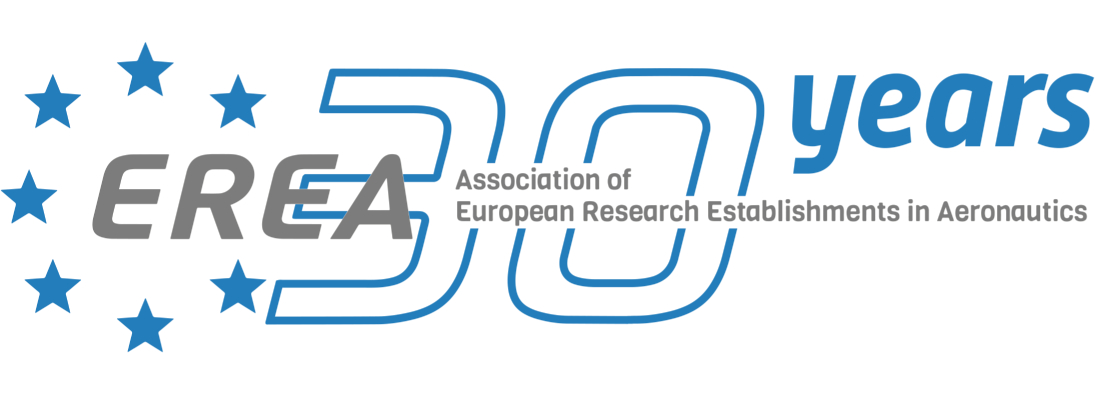EREA, together with our university colleagues at European Aeronautics Science Network (EASN), has raised serious concern with the European Commission on the impact of soaring and volatile energy prices on research and innovation projects. Energy prices of, sometimes, nine times the price in 2021 endanger key projects that are instrumental in achieving climate neutrality in 2050, as stipulated in the Fly the Green Deal Strategy.
Within their actual research activities EREA research establishments, universities and industry manage and operate large and complex research and technology infrastructures, such as wind tunnels, test aircraft, simulators and high-performance computers with high-energy consumption.
Research programs are experiencing a steep rise in the costs for execution of experimental research campaigns, for material procurements; thus, EREA and EASN express concerns about the short-to-midterm sustainability of our RTD&I activities. Within the Horizon 2020 funding framework, research establishments and universities are executing contracts that include experimental activities that were budgeted years ago, accounting for salaries, energy and material costs that do not reflect the actual market costs anymore.
The CIRA icing wind tunnel alone saw a doubling of the price in 2022 with the prospect of further increases in 2023. This price increase is due to the cost of electric energy and of gas, which had a peak up to five times with respect to the 2021 costs. Another example is the cost of electricity for INCAS that doubled in 2022 compared to 2021 and for 2023 suppliers are proposing to increase prices by up to eight times compared to 2021, whilst the government is proposing a threefold increase. These are only a few examples, but the situation is similar for all research establishments, universities and industry.
EREA and EASN are calling upon the European Commission to engage in an open dialogue in order to safeguard our sector’s path towards a digital and green aviation.


